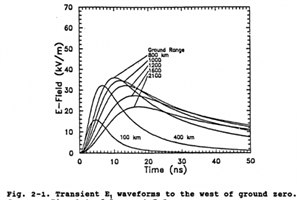Until earlier this year the mandated setting of LoM RoCoF relays was at a rate of change of frequency of 0.125Hz/s, and that still applies to existing generators.

davidwalker2:
. . . began reconnecting customers back to the grid before the ESO had told them it was safe to do so . . .
We're about to take you to the IET registration website. Don't worry though, you'll be sent straight back to the community after completing the registration.
Continue to the IET registration site